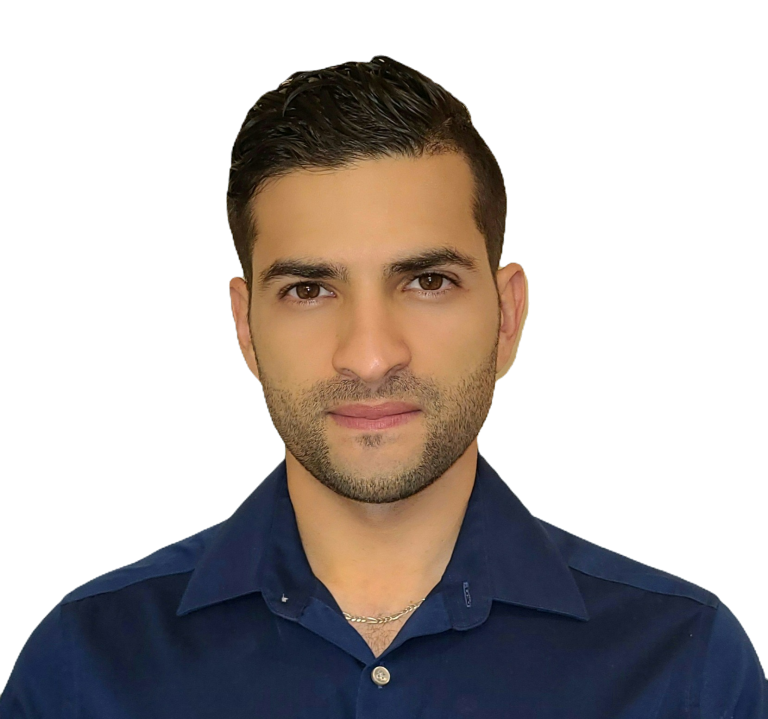Validation of Next-Generation Stimulating Neural InterfacesAdam Khalifa, PhDAssistant Professor of ECE Tuesday: November 15, 2022
|
Abstract:
Over the past decade, researchers and clinicians in the neural engineering field have been requesting a minimally invasive tool that allows for distributed neural interface. A technology that can precisely modulate brain activity of the entire brain can potentially: (1) revolutionize our understanding of the neural networks in the brain; and (2) treat mental health illnesses and brain disorders that affect multiple brain regions. Unfortunately, current state-of-the-art implantable technologies that rely on intracortical or depth electrodes are either limited in the number of sites and spatial extent coverable or become too invasive when multiple electrodes are implanted.
To overcome these limitations, I have developed the next generation of chronic brain stimulation devices, which are minimally invasive wirelessly powered microdevices that can be fully injected anywhere in the brain. The microdevices are minimally invasive technology for 3 main reasons: (1) the miniaturized devices are smaller than 0.01 mm3, making them the smallest wirelessly powered stimulator; (2) the microdevices are injectable using a minimally invasive surgical approach that avoids the risks of surgical complication associated with open craniotomy; (3) the microdevices are wirelessly powered using a transmitter coil which sits on top of the scalp.
In this talk, I will also present my research on other developed types of next-generation neural interfaces that stimulate tissue magnetically.
Speaker Bio:
Dr. Adam Khalifa is an Assistant Professor in the Department of Electrical and Computer Engineering and is affiliated with the Department of Biomedical Engineering at the University of Florida. He received the B.S. and M.Phil. degrees from the Hong Kong University of Science and Technology, Hong Kong, in 2011 and 2013, respectively, and the Ph.D. degree from Johns Hopkins University, Baltimore, MD, USA, in 2019. As a T32 NIH fellow, he worked as a postdoctoral fellow at Massachusetts General Hospital and Harvard Medical School. Dr. Khalifa joined UF in 2022, where his current research focuses on low-power Analog/RF/Mixed-mode ASIC design, miniaturization, wireless powering, electrode design/microfabrication, coil design/fabrication for magnetic stimulation, neural stimulation and recording in animal models, and implant packaging.
